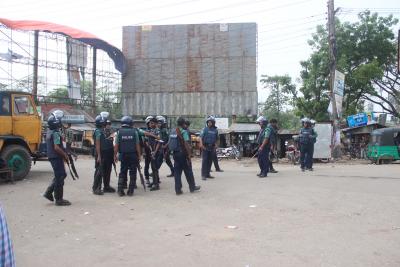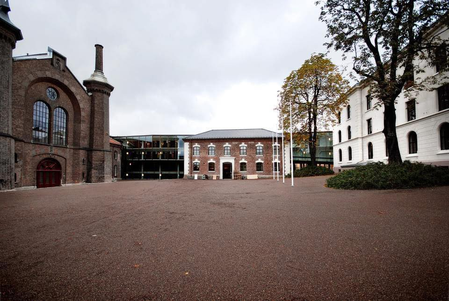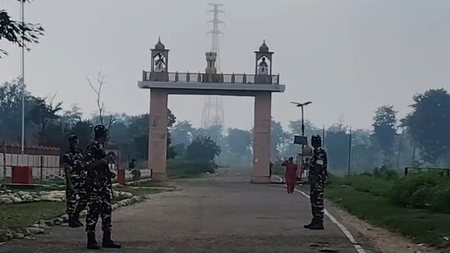
Dhaka, Sep 12 (IANS) Seven students of Chittagong University fell sick Friday during their ongoing hunger strike demanding the resignation of the university’s proctorial body. Of them, three students are receiving treatment at CU’s medical centre, the local media reported citing a physician.
Abul Kashem, a physician at the centre, stated that three students were suffering from salt and sugar deficiencies due to prolonged fasting, with their sugar levels and blood pressure reducing significantly, Bangladesh’s leading daily Dhaka Tribune reported. According to the newspaper, Kashem further said that they were monitoring the condition of the students and necessary treatment was being given to them.
The seven students who fell ill are among nine who began the hunger strike outside the proctor’s office under the banner of ‘Odhikar Sacheton Shikkharthibrindo’ at around 12:30 pm (local time) on Wednesday.
Sumaiya Shikder, a marketing student, said that many of the participants had already fallen ill, however, the administration did not take responsibility. She stated that officials had told them they did not have the authority to agree to the demands of the students. The students rejected the proposal of the administration and mentioned that the hunger strike would continue until the proctorial body resigned.
Bangladesh has been gripped by numerous protests and extreme lawlessness since the democratically-elected government of Awami League, led by former Prime Minister Sheikh Hasina, was overthrown during violent protests last year.
Earlier this month, the Awami League stated that Bangladesh is experiencing its most severe crisis in over a decade, caused by Islamist militancy, extremism, economic collapse, unemployment, a breakdown of law and order, and widespread unrest under the interim government led by Muhammad Yunus.
In a report titled ‘Bangladesh’s Crisis Deepens in 2025: A Nation in Decline’, the party asserted that “the military-backed interim government” that replaced former Prime Minister Sheikh Hasina in 2024 has failed to stabilise the country, leaving the economy, security, and democracy in free fall.
According to the Awami League, under the Yunus regime, economic deterioration is not just a slowdown; it is a systemic collapse, with cascading effects on livelihoods, social stability, and the very foundations of Bangladesh’s future.
“GDP growth has plunged from 6.1 per cent in 2023 to barely 2.3 per cent in 2025. Inflation is running above 12 per cent, with food inflation at 16 per cent, hitting the poor the hardest. Foreign reserves have fallen from $33 billion (2022) to $14.5 billion (July 2025), raising fears of a balance-of-payments crisis,” the report said, detailing the economic collapse in Bangladesh.
“Youth unemployment has surged past 28 per cent, the highest in South Asia. Remittances, a lifeline for millions, dropped 11per cent year-on-year. Over two million workers in the garment sector face layoffs due to declining exports,” it added.
The Awami League asserted that the only realistic way forward to overcome the crisis in Bangladesh is to ensure free, fair, and inclusive national elections that involve all major political parties under a neutral caretaker arrangement.
The current interim government, it said, is closely tied to the National Citizens’ Party (NCP) and has already shown clear favouritism and political bias, making it incapable of conducting impartial elections. The party warned that without a truly neutral framework, any electoral process would risk cementing the current climate of repression, lawlessness, and injustice in Bangladesh.
–IANS
akl/as




